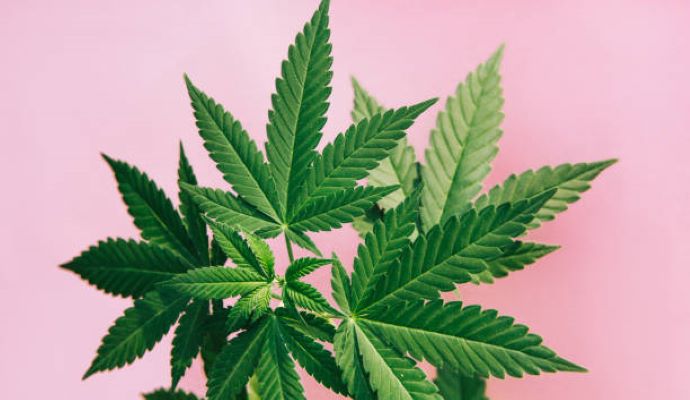President Biden Calls for Reform on Marijuana Regulation
In a brief released yesterday by the White House, the Biden administration called for a reform of marijuana regulation.

Source: Getty Images
- For many minority communities, marijuana possession and use can lead to years of incarceration for nonviolent offenses. The Biden administration has recognized that the harsh punishment around marijuana position is unjust. In a recent press brief, the administration called for reform in marijuana regulation. The announcement outlines three steps that they intend to take.
“Criminal records for marijuana possession have also imposed needless barriers to employment, housing, and educational opportunities. And while White and Black and Brown people use marijuana at similar rates, Black and Brown people have been arrested, prosecuted, and convicted at disproportionate rates,” stated the president in the press briefing.
The first step includes a pardon for anyone with a federal offense for simple marijuana possession. In addition, the administration requests that state governments offer a similar pardon.
The final — and arguably the most notable — step is a request for the secretary of Health and Human Services and the Attorney General to review how marijuana is scheduled under federal law.
In the press release, the administration shares, “Federal law currently classifies marijuana in Schedule I of the Controlled Substances Act, the classification meant for the most dangerous substances. This is the same schedule as for heroin and LSD, and even higher than the classification of fentanyl and methamphetamine — the drugs that are driving our overdose epidemic."
The healthcare implications of this call for reform are vast. First and foremost, reduced incarceration for nonviolent drug offenses can improve healthcare accessibility since many incarcerated individuals do not have equitable access to healthcare services. Additionally, this change may alleviate barriers to medical marijuana prescriptions, often used to relieve pain and treat mental health disorders.
According to the NIH, cannabinoids can be used to treat or alleviate symptoms of inflammatory bowel disease, glaucoma, anxiety, epilepsy, PTSD, multiple sclerosis, and many more. Besides improving access to healthcare, the medical research implications are significant. Additional research and funding allocations on the use of cannabinoids may revolutionize traditional treatment methods.
As the requests by the administration are processed, providers and researchers are urged closely monitor changes in policy and regulation. In addition to monitoring changes, healthcare professionals are encouraged to research how cannabinoids can effectively be used in treatment.
